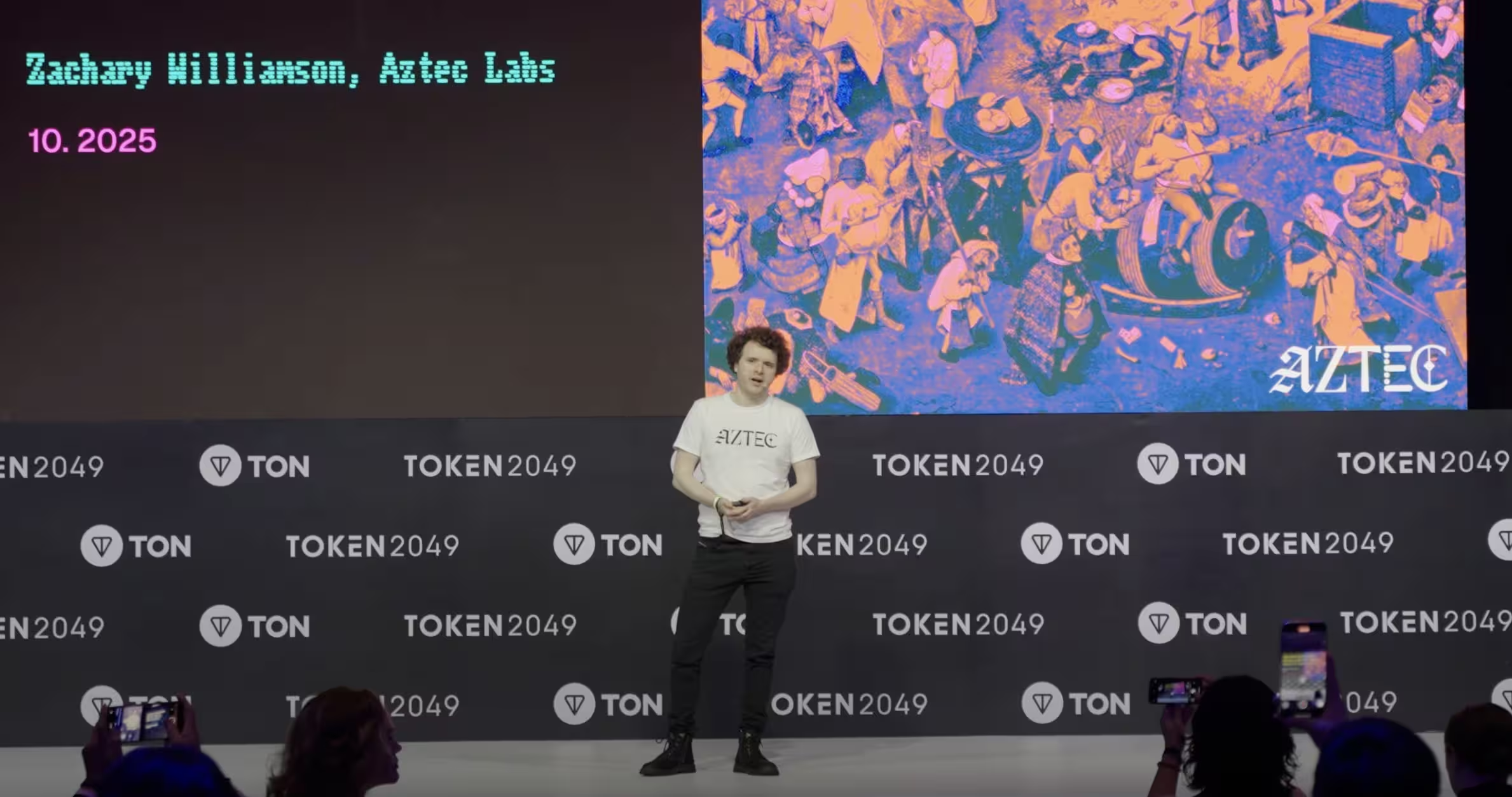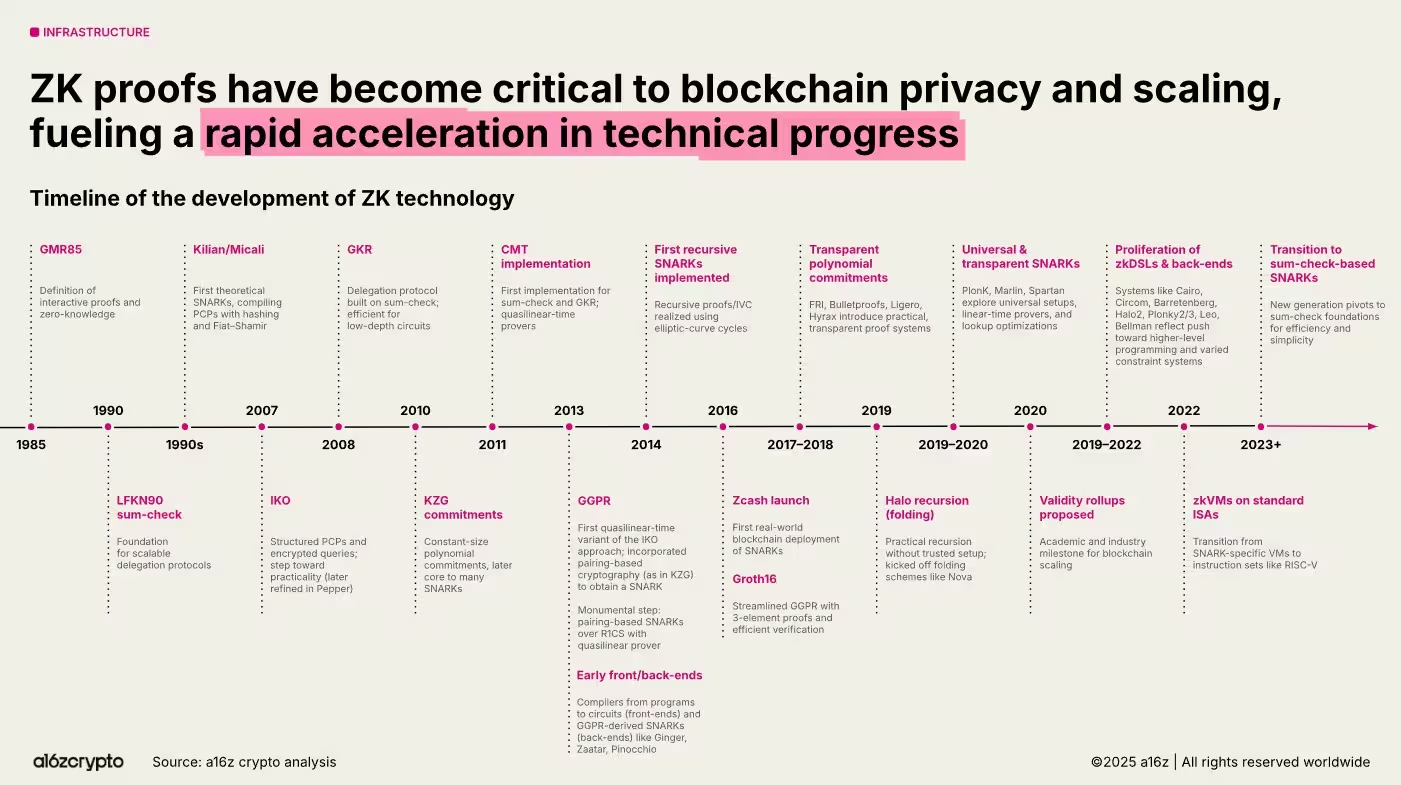6 Minutes
A forked identity for blockchain
Blockchain technology is at a crossroads. As capital, regulators and large institutions increasingly shape development priorities, the space risks drifting away from its founding ambition: enabling decentralized collective action without intermediaries. Industry leaders like Zac Williamson, CEO of Aztec Labs, argue that privacy technologies — especially zero-knowledge (ZK) cryptography — can reconcile institutional adoption with the protocol-level autonomy that made blockchain revolutionary.
How blockchain split into two paths
From the earliest days, the industry has gradually cleaved into two schools of thought. One emphasizes financial infrastructure: token markets, yield-bearing instruments, tokenized assets and fast settlement for institutions. The other envisions blockchain as a coordination layer for human groups — a digital commons where communities can organize, vote and act transparently but autonomously.
The DAO test and the governance reckoning
The 2016 DAO experiment on Ethereum was a watershed moment. Thousands pooled funds and tried to govern a shared treasury onchain. When a vulnerability was exploited and millions of Ether were drained, the community faced a painful choice. The contentious hard fork that followed split the network and exposed the immaturity of onchain governance. That episode helped shift developer and institutional focus toward financial use cases and away from social coordination models that lacked robust privacy and identity controls.

The DAO hack in 2016 led to a contentious hard fork, splitting Ethereum into two chains.
Why primitive governance undermined the original vision
Early governance architectures often reduced decision-making to token-weighted voting or a small set of signers — mechanisms easily captured by capital or elites. Such outcomes contradicted the promise of decentralized coordination. Williamson and other observers warn that if blockchains merely become marginally faster payment rails for banks and asset managers, the technology’s transformative potential will remain unrealized.
Privacy as the missing infrastructure for real organizations
Most real-world organizations do not broadcast internal salaries, strategic plans or private ballots to the public. Yet current public ledgers reveal every onchain payment, vote and contribution. This transparency can make meaningful coordination impossible: contributors may be exposed, strategic decisions could be front-run, and sensitive institutional data would be at risk.
Williamson contends that privacy primitives are essential to let organizations operate onchain in ways that mirror offchain institutions while preserving decentralization. Zero-knowledge proofs enable systems to confirm that actions — such as votes or payroll disbursements — follow agreed rules without revealing sensitive metadata about who participated or how. In short, ZK allows privacy with verifiability.

Williamson has been in crypto since 2017 and has seen the space move toward institutional finance.
What privacy means — and doesn’t mean
Privacy onchain should not be conflated with a cover for illicit activity. Instead, it is a design principle that limits visibility to stakeholders who need it while allowing external observers to verify correctness. This model enables secret ballots, confidential payrolls, and private governance processes that are auditable without revealing personal or strategic details. For institutions worried about exposing business strategy or investor positions, protocol-level privacy offers a path to engage with public blockchains without surrendering competitive secrets.

Zero-knowledge cryptography has gained momentum as blockchain projects adopt privacy technology.
How privacy preserves autonomy amid institutional adoption
Institutional adoption does not have to mean centralization. With privacy embedded in layer-2 solutions and protocol design, banks and asset managers can interact with public blockchains in ways that meet regulatory and commercial requirements while avoiding the trap of building closed, permissioned ledgers that mimic old databases.
Privacy at the protocol layer allows both individuals and institutions to use the same public infrastructure without one group exercising disproportionate control. This architecture helps preserve user autonomy, prevents surveillance of collective strategies, and keeps blockchains useful as coordination tools rather than merely optimized settlement rails.
Layer 2, ZK rollups and institutional standards
Layer 2 networks that integrate zero-knowledge proofs are especially well positioned to bridge the gap. They can offer confidentiality, lower costs, and finality while still inheriting the security of Ethereum and other base layers. For builders and regulators, these solutions can provide auditable compliance features without compromising private business logic — a necessary balance if blockchain is to support both DeFi innovation and institutional workflows.
Practical implications for developers and governance designers
For teams designing DAOs, token economies or hybrid organizational forms, integrating privacy by default becomes a strategic consideration. Effective onchain governance needs privacy-sensitive identity models, confidential voting mechanisms, selective disclosure, and verifiable computation. These components create environments where contributors feel safe to participate and where institutions can confidently engage.
Preserving the social coordination capabilities of blockchain will require a new generation of tooling: privacy-aware wallets, ZK-enabled voting modules, private payroll chains and protocol-level confidentiality standards. Without these, blockchains risk becoming slightly faster settlement systems that serve incumbent finance rather than enabling genuinely new forms of collective action.
Conclusion — A way forward
The tension between institutional adoption and decentralized ideals is real, but it is not irreconcilable. Privacy technologies — led by zero-knowledge cryptography and privacy-first layer 2 protocols — can allow blockchain to support both trusted institutions and autonomous communities. By embedding confidentiality, selective disclosure and verifiability into protocol design, the industry can restore the social coordination layer that formed part of its original promise while still meeting the requirements of modern finance.
Source: cointelegraph
Comments
Reza
Worked on a DAO pilot, privacy was the blocker, not tech. If ZK makes private ballots usable, might actually bring ppl back. quick thought
coinpilot
Does ZK actually stop whales from gaming governance? Interesting idea but regulators will probe, and idk if privacy + auditability can both scale. hmm


Leave a Comment